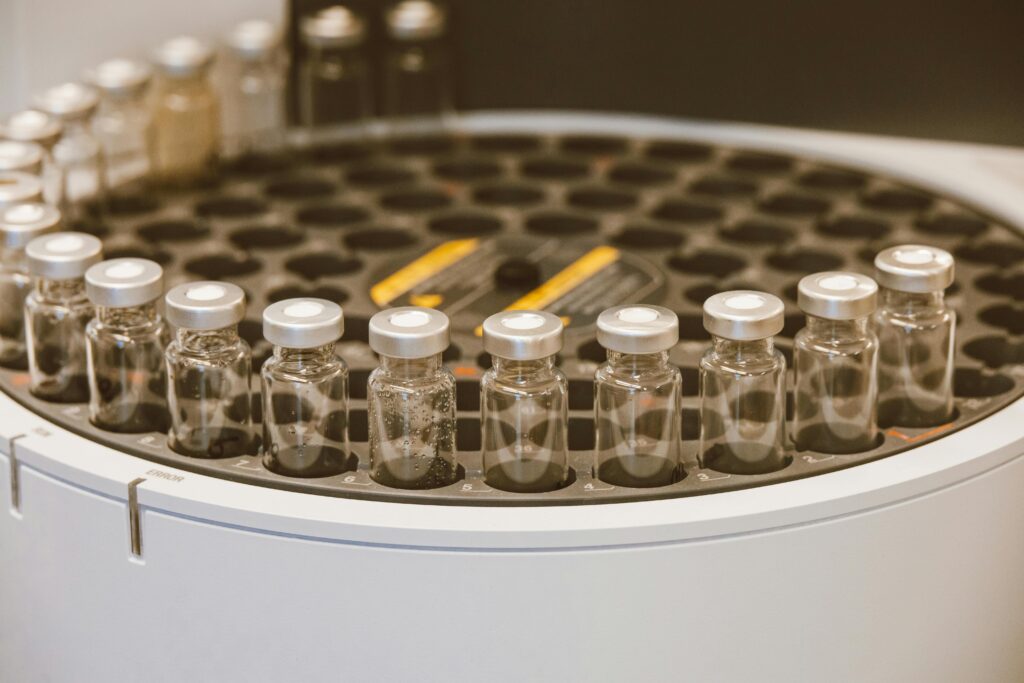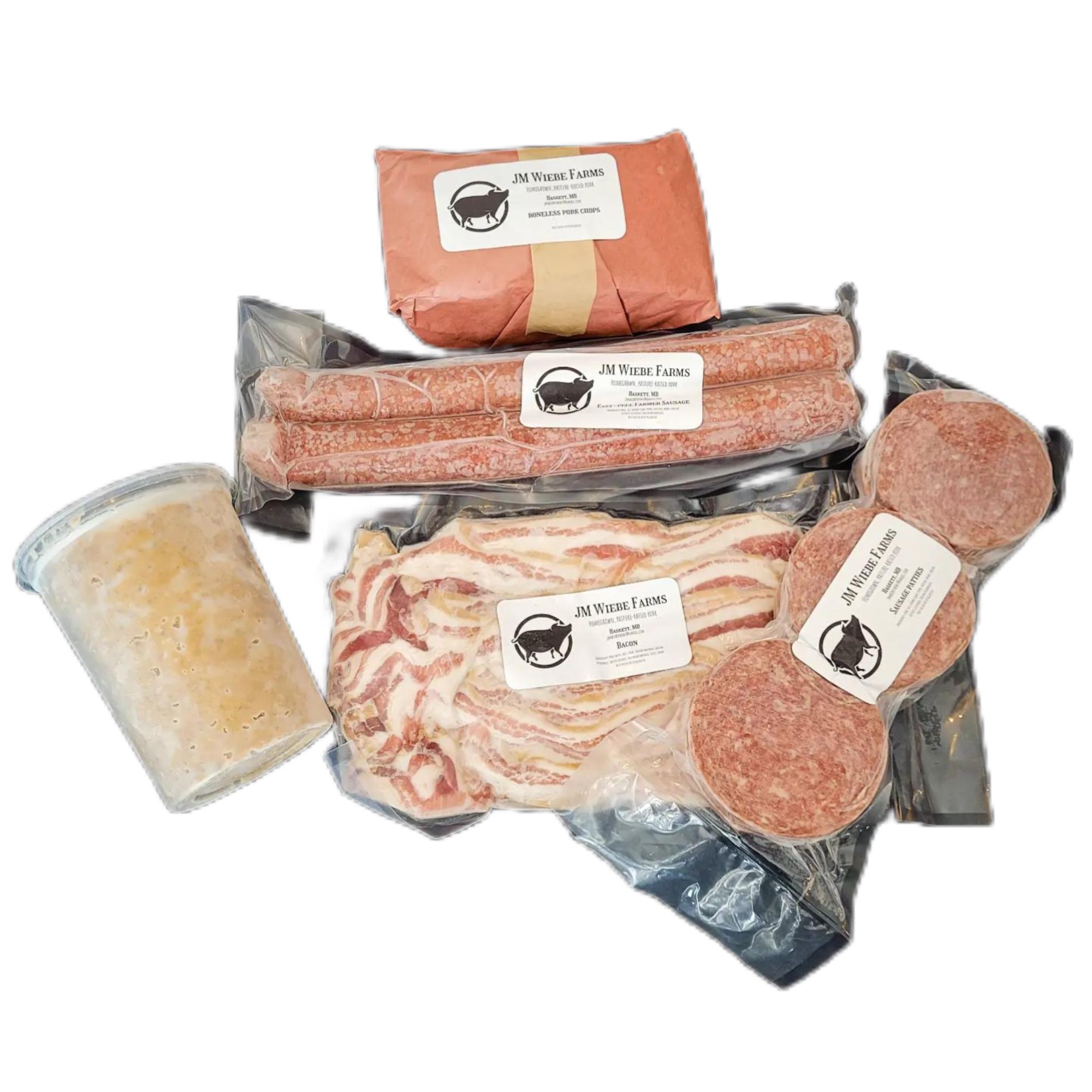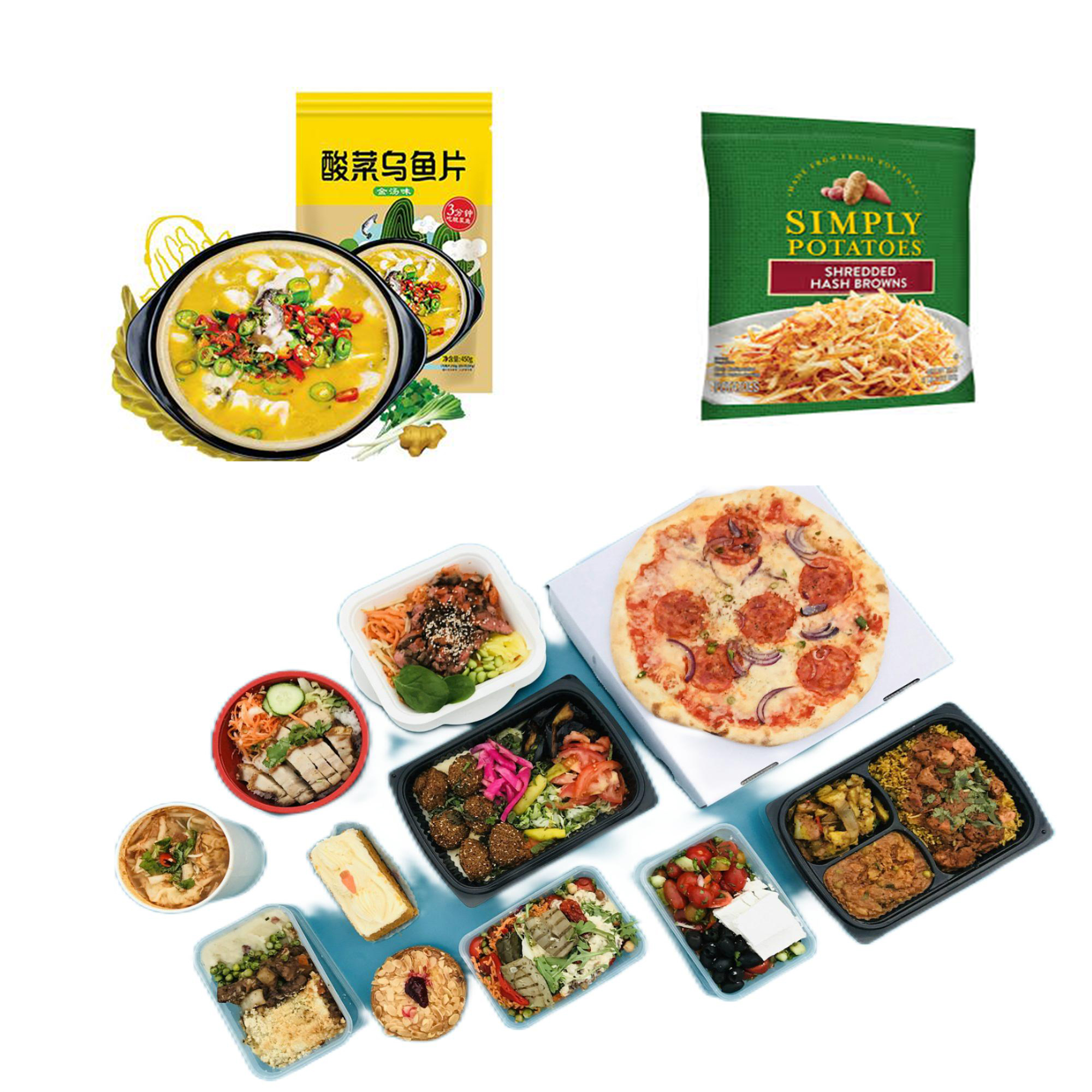Dry powder packaging machines have revolutionized industries like pharmaceuticals, food, and chemical production. These machines streamline the packaging process, ensuring efficiency, consistency, and safety, which is vital for maintaining product integrity. But how do they work, and what should businesses know before investing in one?

giriiş
Packaging dry powders, such as flour, powdered chemicals, or medicinal supplements, comes with unique challenges. Ensuring the correct amount of powder, avoiding contamination, and preventing spillage are just a few of the critical factors manufacturers must consider. That’s where dry powder packaging machines come in.
These advanced machines automate the packaging process, offering precision, speed, and hygiene — crucial in industries where even the slightest deviation can affect the product’s quality. Whether you’re a small business looking to expand or a large-scale manufacturer, understanding how these machines work can save time, reduce costs, and improve overall production efficiency.
Frequently Asked Questions About Dry Powder Packaging Machines
1. What is a dry powder packaging machine, and how does it work?
A dry powder packaging machine is a specialized piece of equipment designed to pack fine granular substances into containers, such as bags, pouches, or bottles. The machine automates the process of filling, weighing, and sealing, ensuring accuracy and speed.
Most dry powder packaging machines follow these steps:
- Dolgu: The machine dispenses a specific quantity of powder into the packaging material.
- Tartım: Each unit is weighed to ensure the correct amount of powder is packed.
- Sızdırmazlık: After filling, the package is sealed, ensuring that the contents are protected from external contaminants.
This process minimizes human intervention, which not only reduces labor costs but also ensures higher hygiene and consistency levels.
2. What industries benefit the most from dry powder packaging machines?
Dry powder packaging machines are used across a variety of industries, including:
- İlaçlar: For packaging medicinal powders like antibiotics and supplements.
- Food and Beverage: Flour, spices, and protein powders need precise and hygienic packaging.
- Chemicals: Fine chemicals often require airtight and contamination-free packaging.
- Makyaj malzemeleri: Talcum powder and other powdered beauty products need safe packaging.
By investing in these machines, companies in these sectors can reduce wastage, ensure compliance with industry regulations, and streamline their production lines.
3. Why is accuracy so important in powder packaging?
Accuracy is crucial for several reasons:
- Cost Efficiency: Overfilling leads to product wastage, while underfilling can result in regulatory fines or customer dissatisfaction.
- Uyma: Many industries, especially pharmaceuticals and food, must adhere to strict regulations regarding product quantities.
- Brand Reputation: Consistent, accurate packaging builds consumer trust and maintains the brand’s integrity.

4. How fast are dry powder packaging machines?
The speed of dry powder packaging machines can vary, depending on the type of machine and the size of the product being packaged. However, most high-end machines can fill and seal anywhere between 30 to 120 packages per minute. Speed is a significant factor for manufacturers looking to meet high demand without compromising accuracy.
5. Are there different types of dry powder packaging machines?
Yes, there are several types of dry powder packaging machines, each designed to meet specific packaging needs. Some of the most common types include:
- Burgu Doldurucular: Perfect for free-flowing powders like flour and spice mixes.
- Valve Bag Fillers: Commonly used in chemical and cement industries.
- Vacuum Fillers: For powders that require air-free packaging, such as certain pharmaceutical products.
Choosing the right machine depends on the type of powder being packaged, the desired packaging material, and the required production speed.
6. What are the benefits of using dry powder packaging machines?
There are several benefits to using dry powder packaging machines, including:
- Verimliliği arttırmak: Automating the packaging process significantly reduces the time it takes to fill, weigh, and seal products.
- Tasarruf: By minimizing product wastage and reducing labor costs, companies can see a return on investment relatively quickly.
- Geliştirilmiş Doğruluk: Machines ensure that each package contains the correct amount of product, helping businesses avoid costly mistakes.
- Hijyen: Packaging machines operate in a sterile environment, preventing contamination — a critical factor in the pharmaceutical and food industries.

7. How much do dry powder packaging machines cost?
Prices for dry powder packaging machines vary widely based on their features, speed, and capacity. Smaller, semi-automated machines can cost between $10,000 and $30,000, while fully automated, high-speed machines for large-scale production lines can range from $100,000 to over $500,000.
While the upfront cost might seem steep, the long-term benefits in terms of increased production speed, reduced labor, and minimized product loss often make the investment worthwhile.
8. What factors should you consider before purchasing a dry powder packaging machine?
Before making an investment, here are several factors to consider:
- Type of Powder: Some powders are free-flowing, while others clump. Choose a machine that can handle the specific characteristics of your product.
- Paketleme Hızı: Ensure the machine can meet your production demand.
- Accuracy Requirements: If you need precise measurements, look for machines with high-accuracy weighing capabilities.
- Maintenance and Durability: Check the machine’s maintenance needs and longevity to avoid costly downtime.
By carefully considering these factors, you can select the machine that best suits your business needs.
Çözüm
Investing in a dry powder packaging machine can provide your business with the competitive edge it needs. From improving accuracy and efficiency to ensuring compliance with industry standards, these machines are a vital part of modern manufacturing.
Whether you’re in the pharmaceutical, food, or chemical industry, understanding how these machines work and what they offer can save you time, reduce costs, and increase production capacity. Before making your investment, assess your specific needs, and choose a machine that will meet both your current and future production demands.








